
UN Security Council needs rebuilding, says former Swiss diplomat
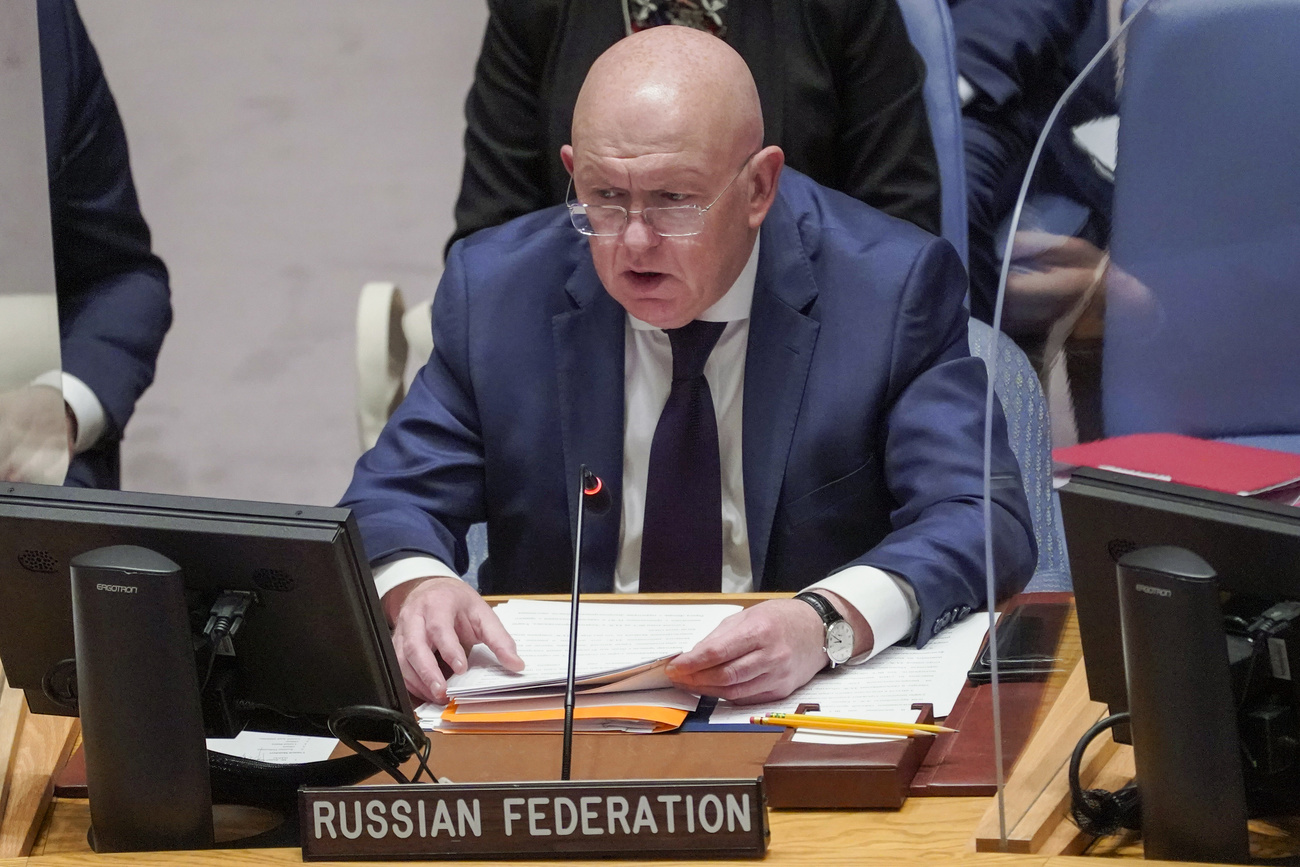
Switzerland should initiate the abolition of the major powers’ right of veto during its two-year seat on the United Nations Security Council, suggests former State Secretary Michael Ambühl.
From January 1, Switzerland will be one of ten non-permanent members of the UN Security Council. It should use this time to propose far-reaching reforms, Ambühl says. In an essayExternal link for the SonntagsZeitung, Switzerland’s former chief negotiator with the European Union wants to see nothing less than the abolition of the veto rights of the major powers and a new council composition.
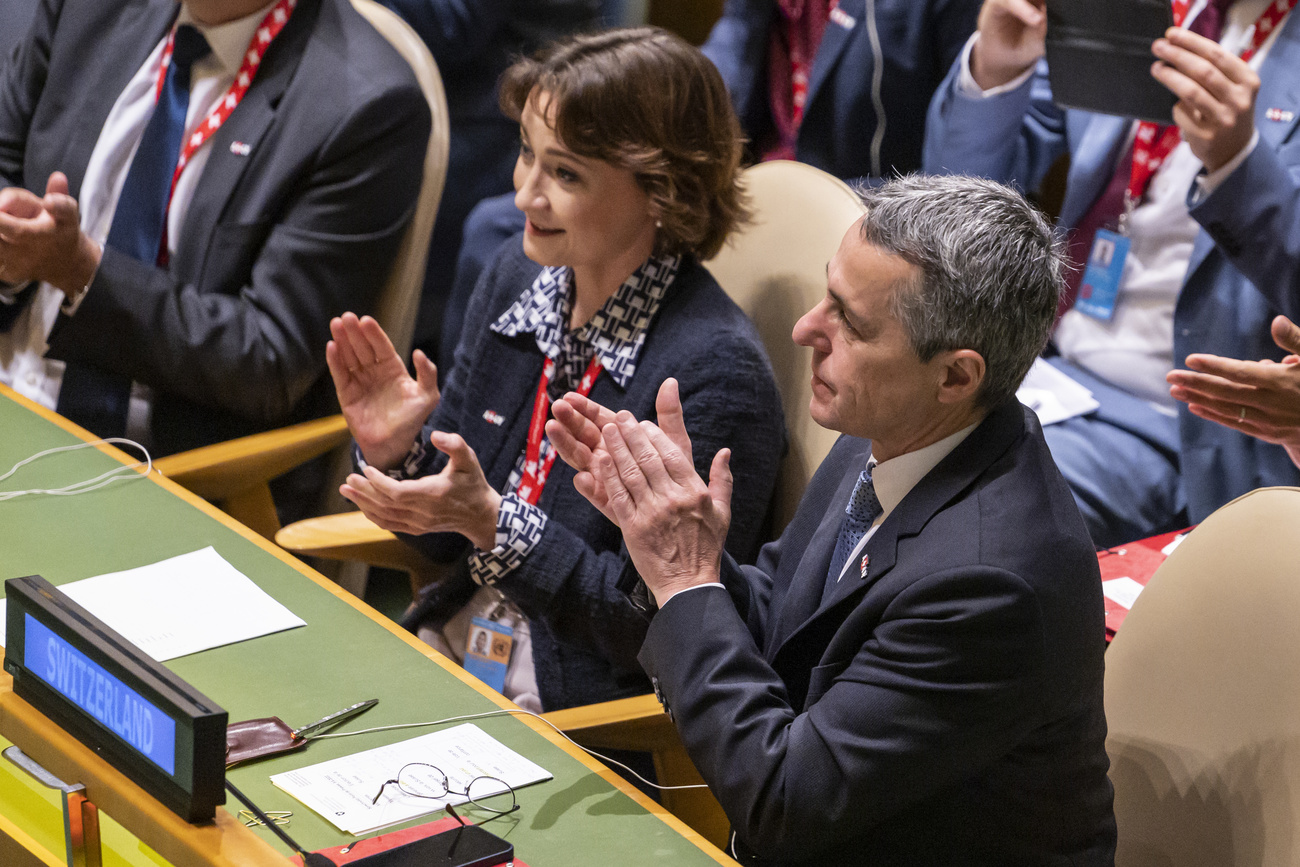
More
Switzerland confirms UN Security Council priorities
Since 1946 the UN Security Council has had five permanent members: China, the US, Russia, France and the UK. Each of these can veto Security Council resolutions and thus prevent their implementation.
Ambühl wants to abolish the veto “because it repeatedly paralyses the UN and contradicts its core principle of the sovereign equality of all members”. Even defenders of the UN have trouble claiming that the organisation is living up to its main purpose – world peace – write Ambühl and his colleague Nora Meier.
They cite a highly topical example. It is an “irony of history”, they say, when Russia, as the perpetrator of the war in Ukraine, “can use its veto to block binding measures”.
Ambühl also sees a need for reform in the composition of the Security Council. The current composition corresponds to “a long-outdated world order from 1945”, he says.
In addition to the five permanent members, ten other countries are periodically elected to the Security Council as non-permanent members. Ambühl sees a need for action above all among the major powers. He recommends that in future the five permanent members be determined according to objective criteria such as population and gross domestic product.
The most significant consequence: India would become a permanent member of the Security Council, while Russia would no longer have a seat.
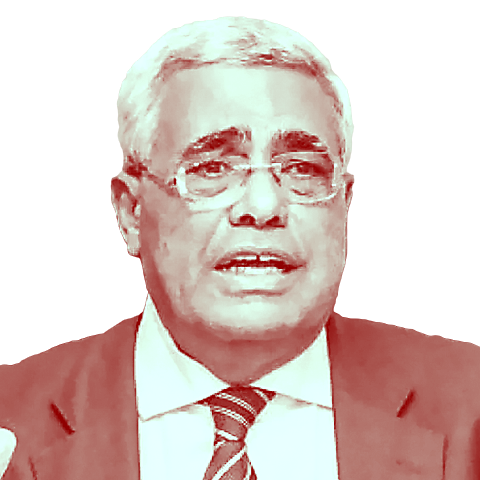
More
New world stage calls for overhaul of UN Security Council
Not inconsiderable problem
But Ambühl’s idea has a catch. Both the UN General Assembly and the Security Council – and especially all five permanent members – would have to agree to the reform.
The chances that most states in the General Assembly are in favour of such a reform are not bad, the SonntagsZeitung writesExternal link. However, it “borders on utopia” to hope that the major powers will agree to the abolition of their own privilege: the right of veto. Such attempts have failed time and again in the past, it notes.
Ambühl, a mathematician and experienced diplomat, is also aware of the problem. Nevertheless, he thinks the time is ripe for a new attempt: the war in Ukraine brings potential for reform, but it must be used.
“Someone should dare call a spade a spade,” he said. “Like the child who exclaims in Andersen’s fairy tale that the emperor has no clothes on, while the adults cheer his invisible dress.”
Michael Ambühl had a distinguished diplomatic career before being appointed Professor for Negotiation and Conflict Management at the federal technology institute ETH Zurich in 2013.
He was heavily involved in negotiating the Swiss-EU bilateral treaties that cover a range of topics, from movement of workers, transport, the environment, pensions, combating fraud and education.
During stints in the foreign ministry and as head of the State Secretariat for International Financial Matters, Ambühl mediated between Armenia and Turkey before tackling the thorny issue of banking secrecy and taxation with the United States and other countries.
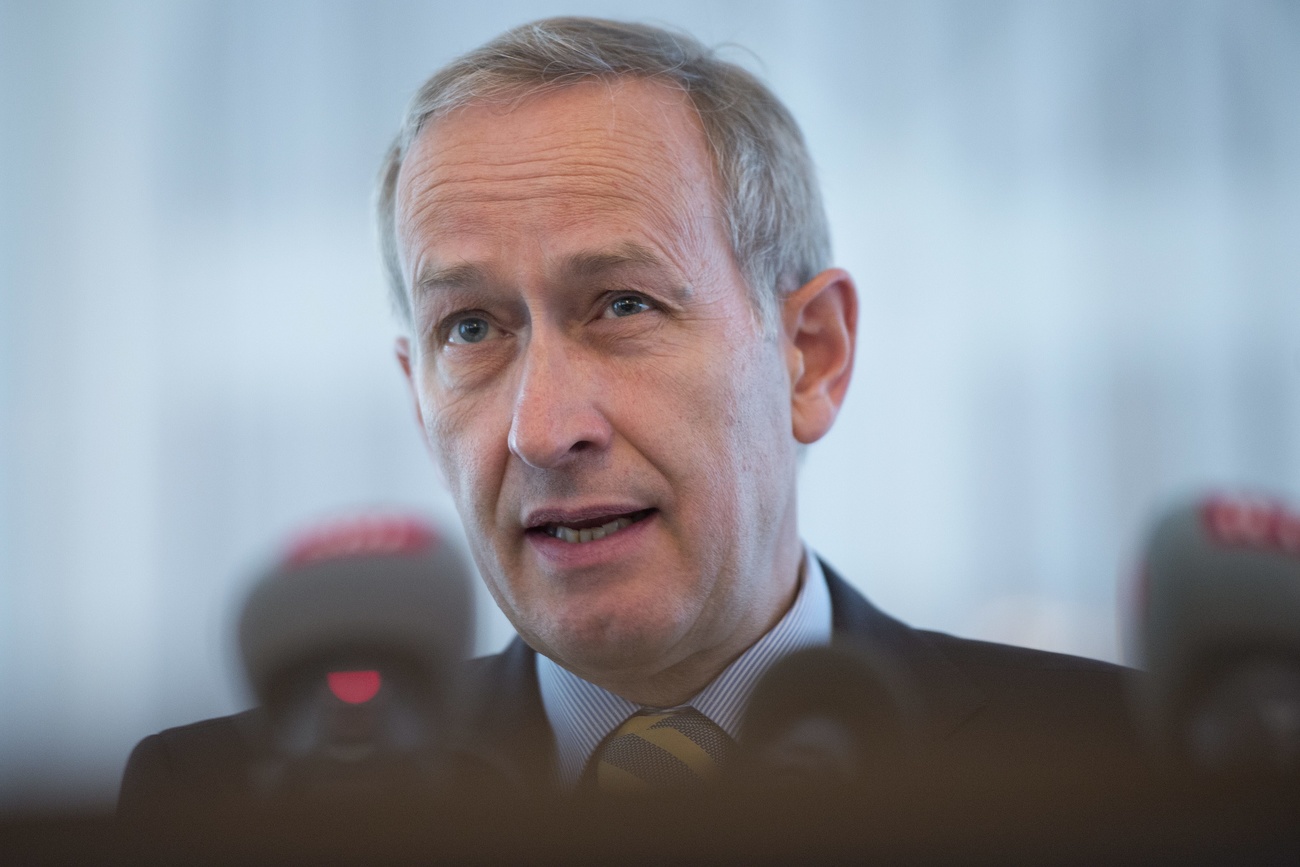
More
Former top negotiator wants ‘proactive’ Swiss plan for EU

In compliance with the JTI standards
More: SWI swissinfo.ch certified by the Journalism Trust Initiative
















![The four-metre-long painting "Sonntag der Bergbauern" [Sunday of the Mountain Farmers, 1923-24/26] had to be removed by a crane from the German Chancellery in Berlin for the exhibition in Bern.](https://www.swissinfo.ch/content/wp-content/uploads/sites/13/2025/12/01_Pressebild_KirchnerxKirchner.jpg?ver=cb688ed5)










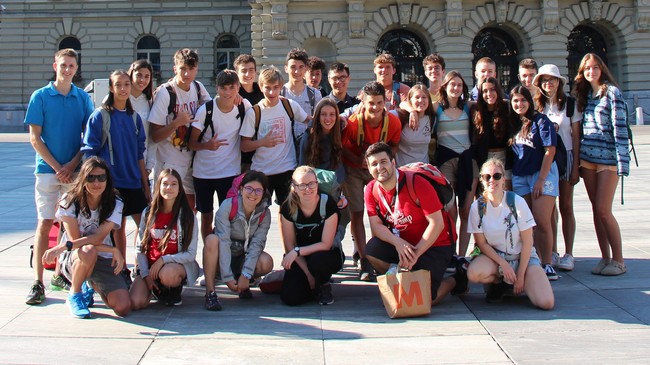



You can find an overview of ongoing debates with our journalists here . Please join us!
If you want to start a conversation about a topic raised in this article or want to report factual errors, email us at english@swissinfo.ch.